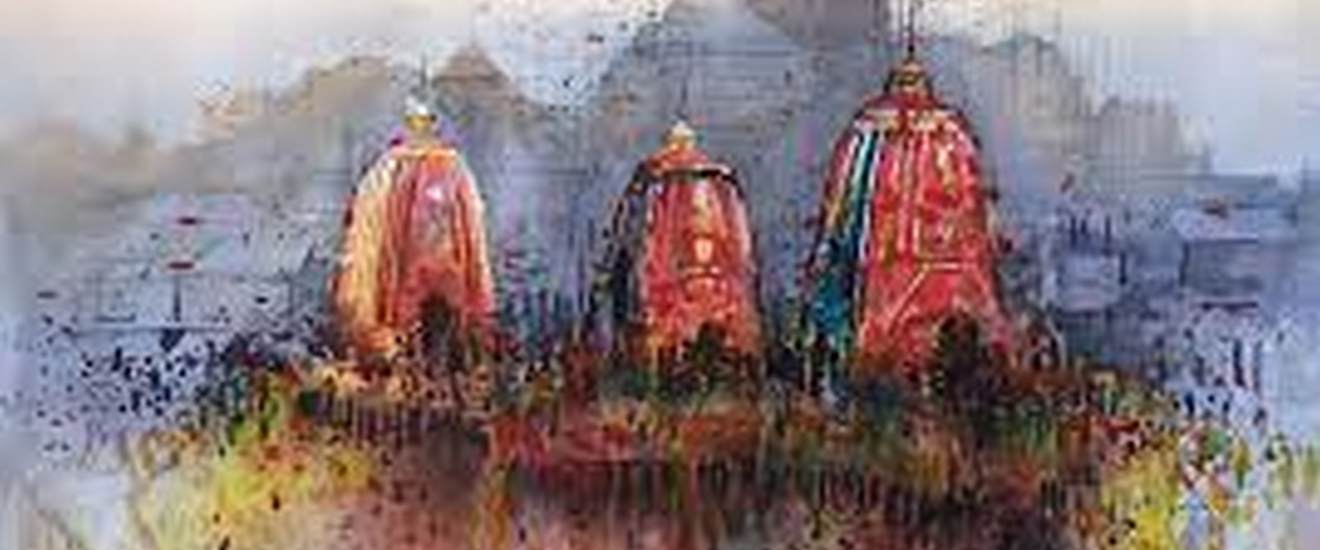Analysis
#1: Ayodhya Title Dispute
Disputed title in Ayodhya case awarded to Shri Ram deity.

This post is a part of our 10 Cases the Shaped India in 2019 series.
Issue:
Since at least the mid-19th century, various parties have been staking competing claims over the site of a 16th century mosque located in Ayodhya, Uttar Pradesh, commonly called Babri Masjid. A large number of Hindus believe it to be the birthplace of Lord Ram – the Shri Ram Janmabhoomi.

Layout of the disputed site (Source: Appendix 2A, Allahabad High Court judgment, 2010)
The current legal dispute arose out of incidents that took place on the night of December 22nd 1949. A set of Hindu idols were placed under the central dome of Babri Masjid. To control the resultant law and order situation, a Faizabad District Court placed the site under the custodial responsibility of the State on 29 December 1949. The Chairman of the Faizabad Municipal Board took the site under receivership.
Who are the key parties?
Following the 1949 order, three key parties filed suits challenging it:
- In 1959, a Hindu ascetic order called the Nirmohi Akhara filed a suit claiming the order had deprived it of ‘management and charge’ of the disputed site. It claims to have managed the site since as early as the 1400s.
- In 1961, the Uttar Pradesh Sunni Central Board of Waqfs filed its suit claiming that the order wrongfully denied Muslims from realizing their right to pray at the mosque. Further, it claimed exclusive ownership of Babri Masjid.
- In 1989, retired judge Deoki Nandan Agarwala filed a suit on behalf of Sri Ram Virajman (idol) and Sri Ram Janmabhoomi (birthplace), as their legal guardian. The suit adopted a two-pronged approach: on the one hand, the litigants claimed exclusive possession, while on the other they asserted that the site itself is a deity with legal rights and hence, cannot be owned by others.
Who did the Court award the site to?
On November 9th 2019, in a unanimous judgment, the Supreme Court awarded the disputed title to the deity Shri Ram Virajman. However, it directed possession of the site to temporarily remain with the State Receiver, until the Union Government forms a trust to manage the construction of a new Lord Ram temple at the site. The Court also directed the Union to give adequate representation to the Nirmohi Akhara in the trust. Finally, it ordered that the U.P. Sunni Waqf Board be allotted an alternate 5-acre site in Ayodhya for the construction of a mosque.
The Court’s judgment placed emphasis on resolving the dispute strictly as a property dispute, namely by adjudicating the issues on the basis of evidence and legal principles. However, this was no easy task, as central to the dispute were arguments founded in faith and belief. Ultimately, in granting reliefs, the Court had to resort to its expansive powers under Article 142 to do “complete justice”.

Source: Chad Crowe, The Times of India
Will the Judgment affect other mosques?
The Judgment indicates that it will not act as a precedent for future attempts at contesting the validity of places of worship. Relying on the Places of Worship (Special Provisions) Act (Act), the Court held that the Act specifically prohibits the conversion of a place of worship belonging to a religious denomination into that of another religious denomination or section or a different segment of the same religious denomination.
Moreover, it noted that the Act placed a legal bar on the religious character of such a place being changed, if the same existed on 15 August 1947. Nevertheless, the Court observed that Section 5 of the Act carves out a specific exception for the Ram Janmabhoomi/Babri Masjid site.
Must Reads:
- Dr. Faizan Mustafa asserts that even though the Ayodhya verdict incorrectly applied the law to the facts, it offers ‘several positives for the Muslim plaintiffs’.
- Suhrith Parthasarathy and Gautam Bhatia conclude that the Court prioritized resolving the conflict peacefully, at the cost of delivering substantive justice.
- Upendra Baxi praises the Court for delivering a unanimous five bench judgment which is ‘mindful of the social impact’ of the Ayodhya title dispute.
- Deepasri Baul traces the colonial history of the Ayodhya verdict.
- A.G. Noorani compiles the primary source materials to reveal the history of the centuries old title dispute.
